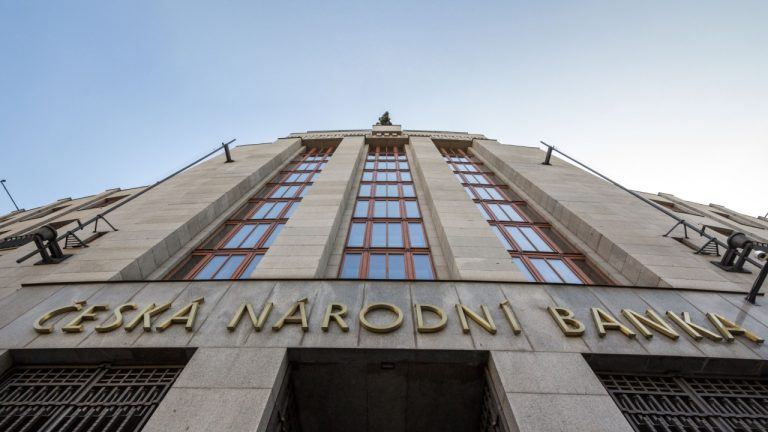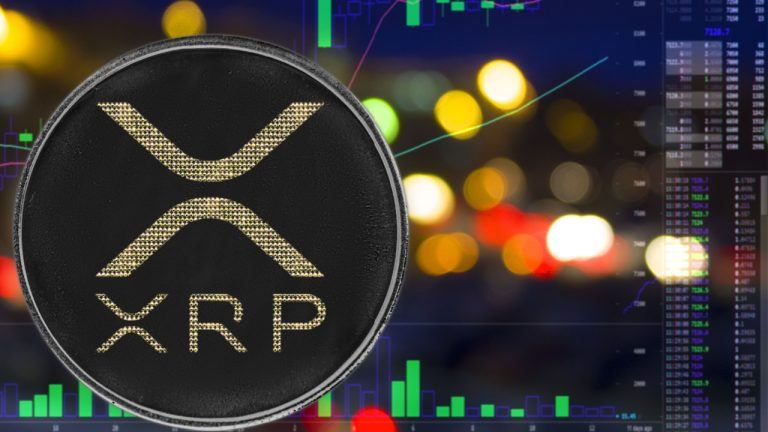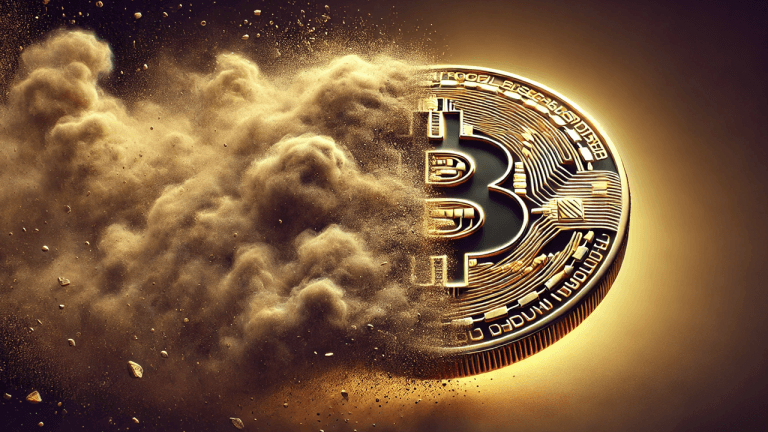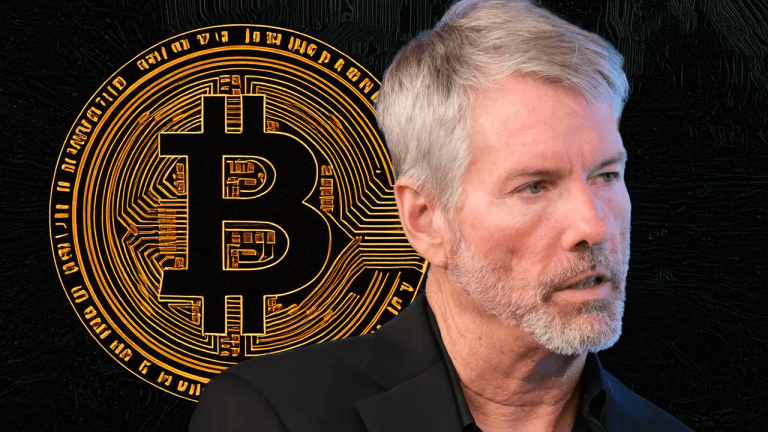
Crypto’s fraught relationship with Elon Musk: Ambassador or liability?

In an optimistic interpretation, Musk’s relationship with crypto could be a force that always wills the evil and always produces the good.
When Tesla CEO Elon Musk revealed his company’s Bitcoin (BTC) exposure and announced the launch of crypto payments, BTC took off to reach its all-time high. Shortly thereafter, however, Musk started tweeting about concerns over BTC’s environmental impact and Tesla reversing its crypto payments policy, leading to Bitcoin losing half of its value and the entire crypto market capitulating. In short, Musk tweets lukewarm support for crypto, and the prices go up; Musk posts a meme hinting at his “breakup” with Bitcoin, and the prices go down.
For a sector that prizes disintermediation and wide distribution of economic power above all else, the cryptocurrency space has handed a single man way too much sway over its fortunes. The hope is that, sooner rather than later, the crypto market will get over its Musk addiction. At this point, however, the tech mogul’s Twitter talk is one of the most influential exogenous factors moving digital asset prices.
At the end of the day, who is Mr. Musk to the crypto industry — an eccentric friend, an adversary, or simply a billionaire having some unfettered fun playing around with a trillion-dollar market?
While it is impossible to know what’s on the controversial billionaire’s mind, there is some room for appraisals of what his presence can mean for the industry in the long run — as well as educated guesses about his stances and motivations.
Crypto influencer #1
As of today, Musk’s influence on crypto asset values shows no signs of receding. Most recently, Musk tweeted a response to a Cointelegraph article where he, passingly, articulated the conditions that can lead to Tesla resuming the practice of accepting Bitcoin transactions. And guess what happened next? That’s right: Bitcoin had recovered a couple of thousand dollars overnight.
That is just what pertains to BTC and can thus be considered “serious.” A separate chapter of the Musk-crypto saga is his — presumably, tongue-in-cheek — involvement with various altcoins that can multiply their market capitalizations within hours in response to his tweets. From systematically propping up the memecoin-in-chief Dogecoin (DOGE) to going for more obscure yet poignant items, such as the porn industry-affiliated coin CumRocket (CUMMIES), Musk has had a hand in quite a few price movements.
The adverse effects of Musk’s antics on the crypto industry are well-documented. First and foremost, there are retail investors who took inspiration from Tesla’s CEO to make trades that cost them more than they could afford to lose. There are surely many more who have taken losses even without taking heed from Musk directly, falling victim to market-wide slumps that his escapades had triggered.
On the scale of the industry, recent volatility storms get in the way of further forging the digital asset reputation as a mature and safe asset class. As a newcomer looking for an alternative place to park your money, how likely would you be to get excited about an investment that can drop 40% in a day following a random tweet? A related concern is that such malleability to potentially malign market manipulation can attract unwanted regulatory attention to the cryptocurrency space.
Related: I spy with my laser eye: A Twitter phenomenon to make Bitcoin mainstream?
Some still believe that there is an upside to the volatility that Musk perpetuates, as Mati Greenspan, founder and CEO of financial advisory firm Quantum Economics, told Cointelegraph, “Musk’s involvement in the crypto space is a net positive. Volatility has long been hailed as a driver of volumes and with the adoption.”
However, others subscribe to the view that whatever benign outcomes have come out of Musk’s crypto-related publicity, the negatives prevail by a wide margin. Dean Steinbeck, co-founder and chief operating officer of blockchain solutions provider Horizen Labs, told Cointelegraph:
“Musk’s behavior has harmed crypto greatly. First, he has perpetuated the red herring argument that Bitcoin is bad for the environment. This argument is bogus and perpetuated by projects with an ulterior motive. Second, the attention Musk brings is from his amateurish tweets that support bullshit meme coins that have no substantive value.”
Steinbeck further opined that Musk is “nothing more than a sociopathic billionaire who knows virtually nothing about crypto but believes he is an expert.”
What for?
Many in the crypto space wonder what is Musk’s motivation for cranking out often contradictory yet reliably market-moving tweets. Could it be as low and coarse as manipulating coin prices for gain? Or, perhaps, the tweets are a byproduct of a good-faith learning process with all its bumps and turns? Or is much of it just for fun?
The fun hypothesis appears to be particularly influential, and some crypto market participants are not amused with it.
Other crypto influencers, however, are willing to give Tesla’s CEO the benefit of the doubt. Brock Pierce, cryptocurrency investor and chairman of the Bitcoin Foundation, doesn’t think that Musk’s actions affecting digital assets are ill-intentioned, telling Cointelegraph:
“It seems like [Musk] has been very reactive to the different opinions and learnings as he has gone down the crypto ‘rabbit-hole,’ but I do not think it has been opportunistic on his part. I think he is, like what he does in many industries, trying to get deeper and deeper in understanding them. Education is not a linear path, and he is going through his own process and doing it in a very public way because of his large following.”
Pierce added that because the cryptocurrency community tends to be forgiving, there is still a chance that Musk could be a very important advocate for the space, provided that his intentions prove to be true over the medium and long term.
Related: Death knell for Chinese crypto miners? Rigs on the move after gov’t crackdown
Opinions widely diverge with regard to the latter prospect. When asked if Musk has ruined his reputation with the crypto community for good, Greenspan responded:
“Emphatically, yes. People in the space are overwhelmingly sick and tired of his capricious intervention in the markets.”
Greenspan summarized the popular sentiment by saying that, while many are happy to follow along for the laughs, most are in fact jaded.
If the latter is the case for a critical mass of crypto market participants, this could be good news. It will take considerable “Musk fatigue” to break the “Musk spell” and liberate the entire asset class from the whimsical influence of a single powerful person.
Go to Source
Author: Kirill Bryanov









